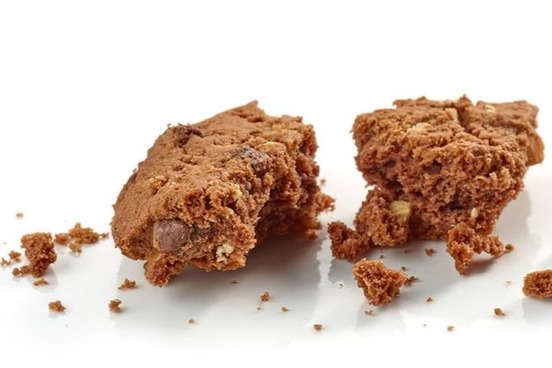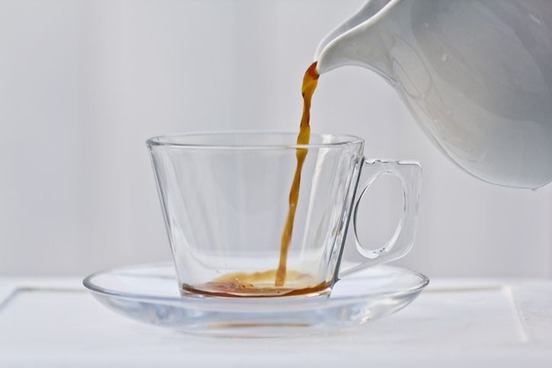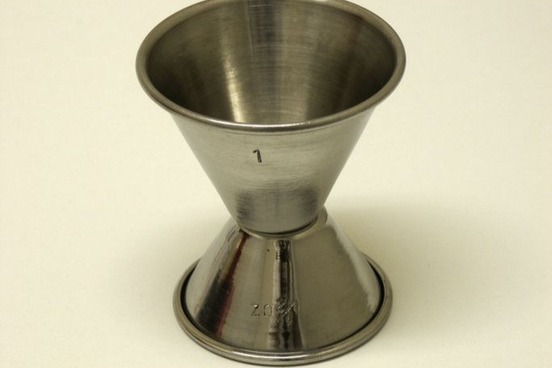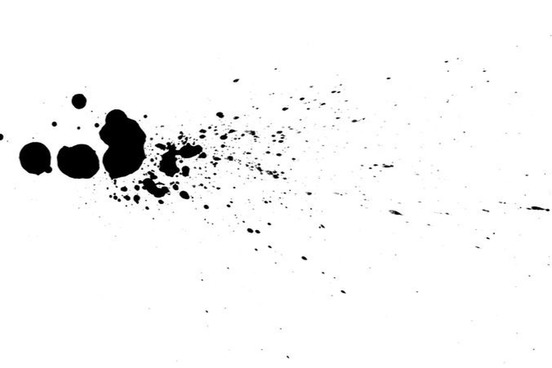
Smidgen
Definition - a small amount
This word for a small amount has a large number of variants; we list smidgeon, smidgin, and smidge. There are numerous others, now mostly obscured by the passage of time, such as smitchen, smidging, and smidgion. In use since the middle of the 19th century, smidgen is thought to be an alteration of the English dialect word smitch, meaning “a soiling mark or trace, a smudge.”
Just when the ladies were about to be September Morned, fashion decreed that they should wear just a wee smidgen more clothes.
— The Dothan Eagle (Dothan, AL), 9 Sept. 1916

Driblet
Definition - a trifling or small sum or part
In addition to the above definition, a driblet may refer to “a drop of liquid” or to “one of a succession of small or insignificant quantities, amounts, portions, or bits (such as ‘driblets of information’).” The word is formed by adding the noun suffix -let (meaning “small one”) to drib (“a small amount”). Drib still may be found used in the plural noun dribs and drabs (“small amounts that come or happen over a period of time”). The drab of dribs and drabs similarly means “a small amount.”
He confessed he was disposed to trust his Right Hon. Friend; but he was only one of that body, and he thought they ought not to deal out their assistance by driblets, but if they should be induced to grant it, that it should be done in such a way as might give a fair chance of its being attended with success.
- The Examiner (London, Eng.), 19 Jun. 1808

Skosh
Definition - a small amount
Skosh came into English in the middle of the 20th century, adopted from the Japanese. U. S. servicemen stationed in Japan after the Second World War shortened the word sukoshi (which means “a small amount” in Japanese) to skosh. The word may function both as a noun and also as an adverb (in which case it tends to be preceded by an a, as in “I’m a skosh tired”).
From the Japanese, the new vintage of doughboys have adopted “skosh,” meaning little, or a little bit; “toxon,” meaning a great deal; a few less innocuous terms no censor would pass.
— Asbury Park Press (Asbury Park, NJ), 30 Dec. 1952

Scruple
Definition - a minute part or quantity
The scruple meaning “a very small quantity” and the scruple meaning “an ethical consideration or principle that inhibits action” are etymologically related, which feels somehow fitting, although the relationship is a bit distant. Both words may be traced back to the Latin scrupus, meaning "sharp stone.” Before it meant “a minute quantity,” scruple was a specific measurement, “a unit of capacity equal to ¹/₂₄ Apothecaries' ounce.”
Not that he has a scruple more of learning
Then will suffice him to say grace, but like
Some piteous cowards, who are oft thought valiant
For keeping store of weapons in their chambers,
He loves to be esteem'd a doctor by
His volumnes: but I shall fit his schollership: whose these?
— Henry Glapthorne, Wit in a constable, 1640

Iota
Definition - an infinitesimal amount
Iota, also known as the 9th letter of the Greek alphabet, is often used to measure a very small quantity that one does not even possess (“I haven’t an iota of interest in what you have to say”). The synonym jot (“the least bit”) comes from iota.
It may be that this answer may satisfie those of the Roman Church, which live by an implicit faith; but it can never satisfie any rational Protestant, for these two reasons. 1 Because he hath not an iota of Scripture for his opinion….
— Edmund Hall, He apostasia, ho antichristos, 1653

Bubkes
Definition - the least amount
Probably the only word in our dictionary for which we give an etymology that traces back to “goat droppings” (it is believed to be a shortening of the Yiddish word kozebubkes, which has this literal meaning), bubkes is also a word typically used to refer to a nonexistent small amount. There are numerous variant spellings, including (but not limited to, bupkus, bupkes, and bupkis.
”Boiler Room” certainly won’t put this novice moviemaker on Easy Street. “I got bubkes (peanuts) for it. But I’ll do OK on the next one,” he says, confidently.
— Chicago Tribune, 16 Feb. 2000

Nip & Dram
Definition - a small portion; a small amount
Both nip and dram may refer to a small quantity of a thing, and both words also have meanings related to a small amount of liquor. We define nip as “a small quantity of liquor, a sip,” and “a very small bottle of liquor,” and dram as “a small portion of something to drink."
”Yer honor,” said Kate, addressing the court, “I only had a little nip to warm me soul. If it plaze yer honor to let me go this time I’ll give me word as a leddy you’ll not see me fer a year.”
— St. Louis Post-Dispatch (St. Louis, MO), 6 May 1893A grain is one-twentieth of a scruple. But maybe you have no way to measure scruples. Then a scruple is one-third of a dram. What? No way to measure even a dram. Well, well, how sad!
— Grand Rapids Press (Grand Rapids, MI), 20 Dec. 1920

Soupçon
Definition - a little bit, a trace
Soupçon is the choice for those who need to designate a very small amount of something, but wish to do so with a Continental flair. English speakers in the 19th century borrowed the word from French, in which language it meant “suspicion” or “drop.” If we trace the word back to its pre-French roots we get to the Latin suspicere (“to suspect”), the same root as our suspect and suspicion.
They were sung with freshness and spirit, tinged with an unerring soupcon of remorse and sarcasm.
— The Baltimore Sun, 25 Nov. 1974





